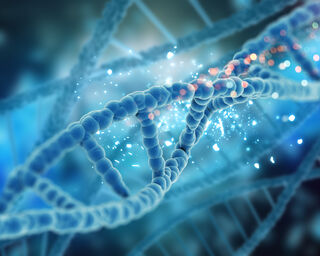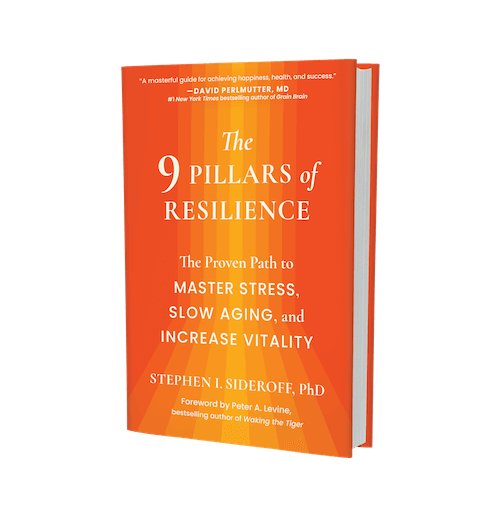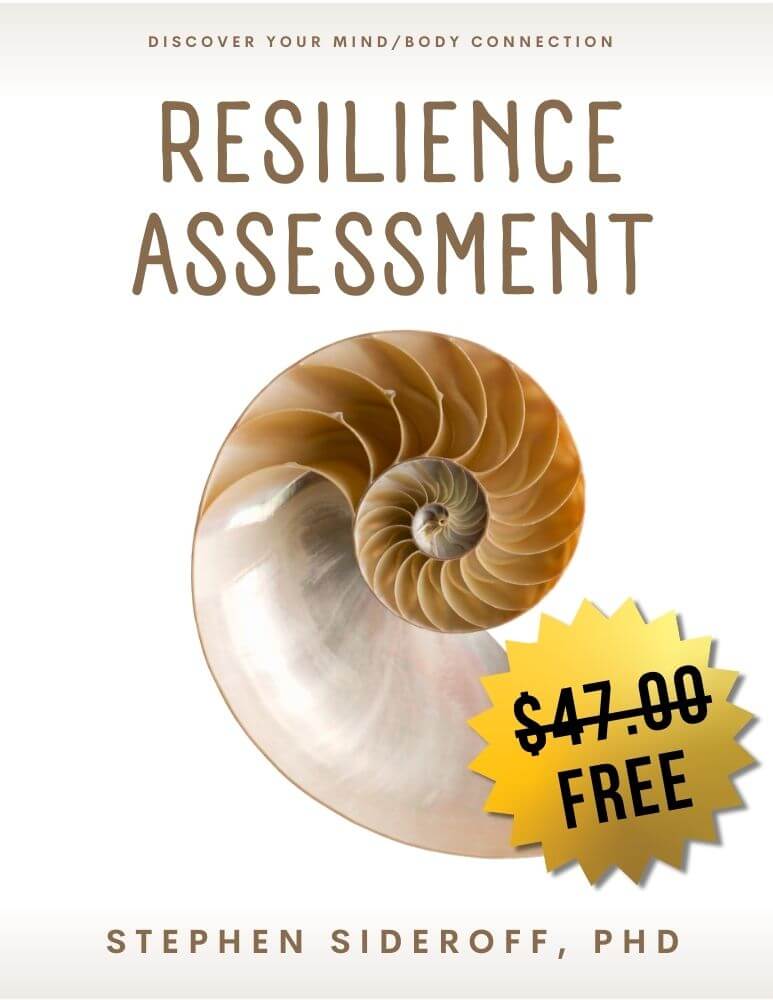We evolved to go downhill early in adulthood. How can you defy your genetics?

There are many theories about why and how we age. One thing is clear and is repeated along many biological dimensions: At a certain point, and not that very long into adulthood, our bodies begin to go downhill. If you look at many of the important internal biochemicals, hormones, stores of stem cells, and other markers of aging, they all begin to decline somewhere between ages 25 and 40.
In theory, this makes a lot of sense. The evolutionary process chooses individuals and their genes that are strong enough to make it to the age to reproduce, and some additional period that it takes for the offspring to become independent.
But once an individual has served the function of propagating their species, they are no longer valuable or needed. They are only wasting precious resources needed by the reproducing members of the species. If that’s true, then the older individuals serve the community better by dying—and genetics would be naturally designed (evolved) to accomplish this.
While I believe this to be true, I see a loophole here: If an older individual continues to provide important benefits to the species, this might change the equation.
If this is true, what would the mechanism be?
The Importance of Epigenetics
We are learning more and more about the process of epigenetics. Epigenetics is the study of how your behaviors and environment can cause changes that affect the way your genes work. This process doesn’t change your DNA sequence, but it can change how your body reads a DNA sequence. In other words, it can affect whether a gene is turned on or off, determining whether that gene or gene program is “expressed.” In fact, from my perspective, the existence of this organismic mechanism has turned the two-century-old debate between Darwinism and Lamarck on its head.
French zoologist Jean-Baptiste Lamarck propagated the notion that an organism can pass on to its offspring physical characteristics that the parent organism acquired through use or disuse during its lifetime. This was viewed in contrast to Darwin’s theory of evolution through natural selection. And thus, it was a concept that was thought not to be true. Interestingly, in his book On the Origin of Species, Darwin gave credence to the idea of heritable effects of use and disuse, now referred to as epigenetics.
Use It or Lose It
Referring to “use it or lose it” is not uncommon. It’s the fact that if you want to maintain certain biological functions or structures, you must continue to use that part of the body. For example, if you want to maintain muscles, those muscles need to be used to maintain their function and mass. This is dramatically demonstrated by astronauts going into zero-gravity space. Under this condition, without always working against gravity and using muscles just to stand up, astronauts come back to Earth with wasted muscles.
This consequence of using it or losing it is true of a learned language or really any cognitive functioning. But let’s get back to the ultimate notion.
Purpose: The Ultimate Tool
Can “purpose” trigger epigenetic changes that tell or program the genes to delay the age of decline because the purpose—and, thus, the person—can help propagate the species? If our genetics has been optimized during the evolutionary process, then it should evolve a mechanism whereby the genetic makeup—the very mechanism of survival—in some way learns from each generation and each life in which the genetic material is housed.
The logical conclusion is that our genetic makeup can be affected—through epigenetics—through a strong purpose that has the potential to be helpful to many members of the species.
How can you take advantage of this loophole in our genetic makeup?
I don’t believe that this process works for any purpose. If someone’s purpose is to make a million dollars, this won’t trigger any epigenetic changes. Biology is parsimonious and efficient. If it isn’t good for the species, that purpose doesn’t count.
Do you have a purpose? How can this purpose be helpful to your community? How does it make for safer, smarter, healthier, or more loving people? This might be your ticket to longevity.
The Key to Health Is Everywhere Inside of Us
If an entity or effect is omnipresent, meaning that it’s everywhere, would this reflect or constitute some sort of “God-like” function? If so, then our genetic makeup fits the bill, and epigenetics is the mechanism for something being omnipresent.
If, for example, you have the intention to find a purpose that will serve others—even if you haven’t yet found that calling—this might cause epigenetic mechanisms to be engaged. If we have evolved the process of epigenetics to enhance lessons of survival, then it might be able to instruct cells to alter any aging program to allow for the extended life of someone with purpose—which, in turn, might help the survival of the species. The good news is that research is already showing that people with purpose show signs of longevity. One study indicated that it makes you less likely to develop areas of brain damage caused by blockages in blood flow as you age*.
Longevity Is in Your Hands.
One of my hallmarks of resilience is taking back control of your life from the lessons of your childhood. Your Primitive Gestalt Patterns, the neural and behavioral patterns laid down in brain circuits before you had the ability to realize this, run your life. By holding the intention to develop a useful purpose, you can begin breaking away from these childhood patterns and possibly even extend your life and health span.
References
Lei, Yu, et. al., (2015) Purpose in Life and Cerebral Infarcts in Community-Dwelling Older People, https://doi.org/10.1161/STROKEAHA.114.008010 Stroke. 2015;46:1071–1076

